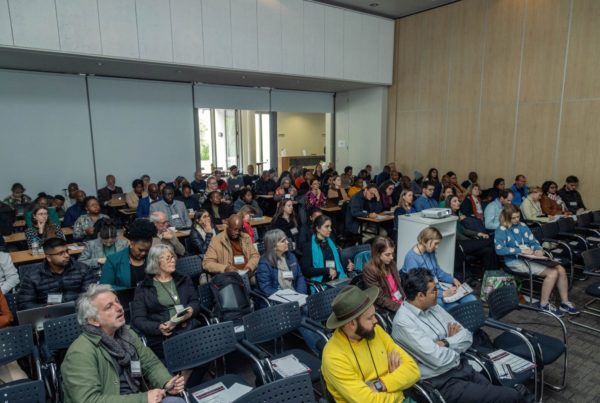Candidate: Anna Maria Smith
Supervisor: Professor Ronnel Burger
Co-supervisor: Professor Servaas van der Berg
Institution: Stellenbosch University, Faculty of Economic and Management Sciences, Department of Economics
Abstract:
Despite expenditure levels on healthcare comparable to those of its upper-middle-income country peers, South Africa is achieving health outcomes that are comparable to those of low-income countries.
This dissertation contains four essays on the financing, user acceptability and delivery of healthcare in South Africa. The main contribution of the dissertation is to determine how the user acceptability of healthcare services influences not only health-seeking behaviour in South Africa, but also influences the ability of healthcare services to impact health outcomes. Without sufficient focus on user acceptability, the success of the health system will be undermined by creating missed opportunities for the prevention, detection and treatment of disease.
The first essay considers the potential role of private health insurance (medical schemes) in reducing inequality to healthcare access and alleviating the burden from a constrained public healthcare system by providing access to healthcare services of higher user acceptability levels. The analysis indicates that, in the absence of a number of regulatory changes in the market primarily aimed at increasing the affordability of medical schemes, the size of the formal skilled labour market will continue to set the limits of the private health insurance market.
The second essay examines the causal impact of access to private health insurance (medical schemes) on healthcare utilisation and healthcare provider choice by using the exogenous variation in private health insurance coverage induced by the roll-out of the Government Employees Medical Scheme (GEMS). Contrary to most of the findings in the literature, the analysis finds that providing access to healthcare perceived to be of greater user acceptability in South Africa’s polarised healthcare market has a large positive effect on total healthcare utilisation. It also increases the likelihood of using private providers and, in particular, private doctors.
In the third essay, the dissertation considers the health-seeking behaviour of adults with potential tuberculosis (TB) symptoms (coughed ≥2 weeks) in the Western Cape. Only one-third of adults indicated they sought help for TB symptoms and only one-fourth of those who coughed ≥2 weeks reported these symptoms at primary healthcare facilities. Women were less likely than men to be asked for a sputum sample at these facilities, indicating poor adherence by healthcare staff to the well-defined TB testing protocol.
Lastly, the fourth essay explores the causes of late antenatal care access amongst a sample of women in metropolitan Cape Town. More than a quarter of women attended antenatal care late (≥20 weeks) and, of those who attended late, 48.2% indicated late recognition of pregnancy as the major reason for delayed attendance. While late access was predominantly associated with demand-side factors, late recognition of pregnancy, together with high levels of unplanned pregnancies, point towards issues related to effective access to contraception.
The analysis in the first two essays indicate that there is a demand for healthcare of greater user acceptability, and the last two essays show that this would need to include improved preventative care, enhanced health system effectiveness and better clinical quality monitoring.
DOWNLOAD PDF





